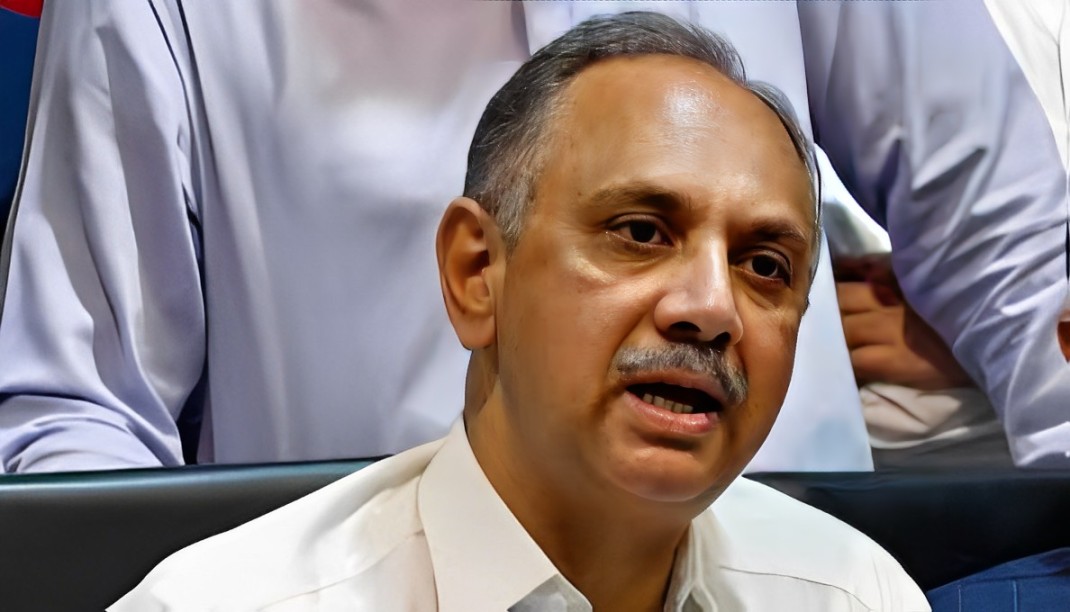
Published at: December 11, 2024 6:36 AM
Updated at: December 26, 2024 11:17 AM
Opposition Alleges Crackdown; Government Denies Claims in Heated NA Session
ISLAMABAD: The opening day of the National Assembly’s winter session witnessed intense debates as the opposition Pakistan Tehreek-e-Insaf (PTI) reiterated its demand for a judicial probe into the alleged killing of party workers during the November 26 protest at Islamabad’s D-Chowk.
Opposition Leader Omar Ayub Khan accused Prime Minister Shehbaz Sharif of ordering the use of lethal force, claiming security personnel deployed NATO-supplied counterterrorism weapons against peaceful protesters. He demanded an impartial judicial commission to determine “who fired the bullets and who gave the orders.”
Citing specific allegations, Omar Ayub claimed that 12 PTI supporters were killed, over 200 were missing, and thousands were injured. He further alleged that the injured avoided hospitals due to fear of arrest, and families of deceased protesters were coerced into signing affidavits attributing deaths to accidents. He also accused the government of targeting Pakhtuns in an act of ethnic profiling and deploying snipers with orders to assassinate party leaders, including Khyber Pakhtunkhwa Chief Minister Ali Amin Gandapur.
Omar Ayub described his escape from the crackdown alongside Gandapur and Bushra Bibi via a narrow road in Margalla Hills, evading barricades. He criticized the federal government for deploying Rangers in KP without provincial cabinet approval and announced PTI’s intent to initiate a civil disobedience movement unless detained workers and leaders were released.
The session began with prayers for those who lost their lives during the protest. Contrary to expectations of noisy proceedings, PTI members adopted a subdued tone, marking a shift from their usual disruptive tactics. They entered the assembly wearing black armbands, displaying portraits of Imran Khan, and hanging anti-government placards near their desks, participating in debates without major disruptions.
Defence Minister Khawaja Asif responded robustly, dismissing the allegations as baseless and accusing the PTI of exploiting the “provincial card” to promote what he termed an “anti-state agenda.” He challenged the PTI to launch its proposed civil disobedience movement, predicting it would fail as previous attempts had. Citing the party’s 2014 call for civil disobedience, where utility bills were symbolically burned, he claimed the public rejected their efforts.
The session, however, ended without addressing the extensive 40-point agenda due to a lack of quorum after PTI MNA Iqbal Khan highlighted the issue. The deputy speaker had earlier announced an agreement between government and PTI representatives to ensure smooth proceedings, granting both sides the opportunity to present their arguments.
The political tensions surrounding the November 26 crackdown continue to simmer, with the PTI demanding justice and the government dismissing accusations as politically motivated. Both sides appear set for prolonged confrontation, adding to the already charged political climate in Pakistan.
Share to